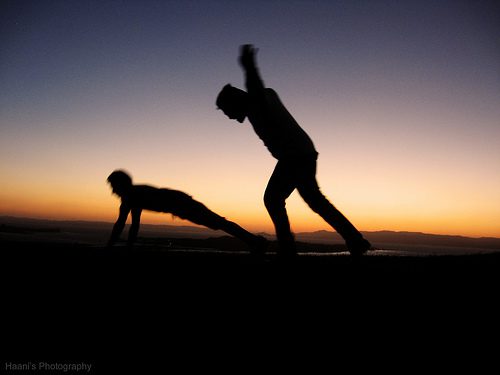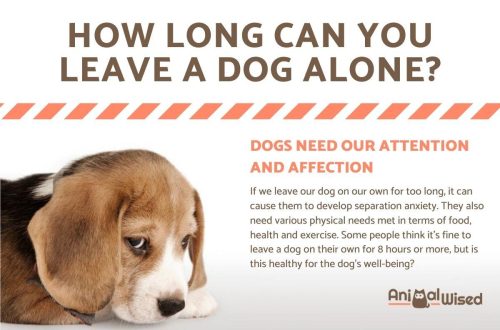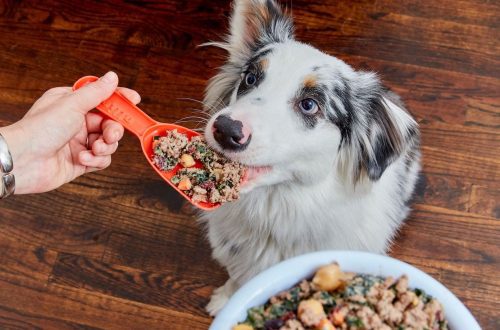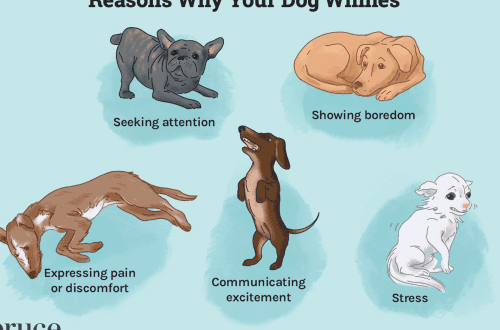
early training
How does your puppy learn?
Every owner wants their puppy to be happy, outgoing and well socialized. But you only get out of your dog what you put in. That’s why it’s important to start training your pet early. Of course, before you took him home, some work was done with him: he can be toilet trained, as well as the basics of obedience. But now everything is in your hands. Your puppy learns very quickly, so it is important that he immediately understands how to behave correctly. It’s obvious, but your puppy can’t learn on its own without you explaining it. So from the very first day you need to teach him how to behave.
There are many books on the subject, and you can easily find puppy training courses. Your veterinarian can advise you on what is best for your puppy, or even explain how to set up such courses yourself. There are many approaches to dog training, but there are a few golden rules every dog owner should know:
Good puppy:In dogs, the learning process is built on associations, so if your puppy does something good, always reward him. Then this action is likely to be repeated. The reward should always be related to some action and follow quickly, within 1-2 seconds. Rewards can include treats, praise, or games. Training should not be long: it is best to conduct sessions of 2 minutes, but 5-6 times a day. Train your puppy in various situations: in the house, outside it, on a walk, but in such a way that there are no distractions around – then the puppy will better understand your commands.
Not a very good puppy The puppy needs to be told what he can do and what not. For example, the desire to gnaw on something is part of his exploratory behavior and he does not have an innate knowledge of what is and is not allowed to gnaw. Ignore such unwanted behavior. Do not yell at the puppy, do not hit him, and do not look angry. Instead, pretend like he’s not around. However, some actions can be dangerous and should not be ignored – for example, if your puppy chews on an electrical cable. Again, yelling or physical punishment is not an option. Stop him with a brief “no”, switch his attention to yourself and, if he obeys you, give a reward.
Just say NO
If there’s a word your puppy needs to learn, it’s the word no. If your puppy is doing something potentially dangerous or destructive, stop him with a firm no. No need to shout, speak softly and firmly. As soon as he stops, praise him.





